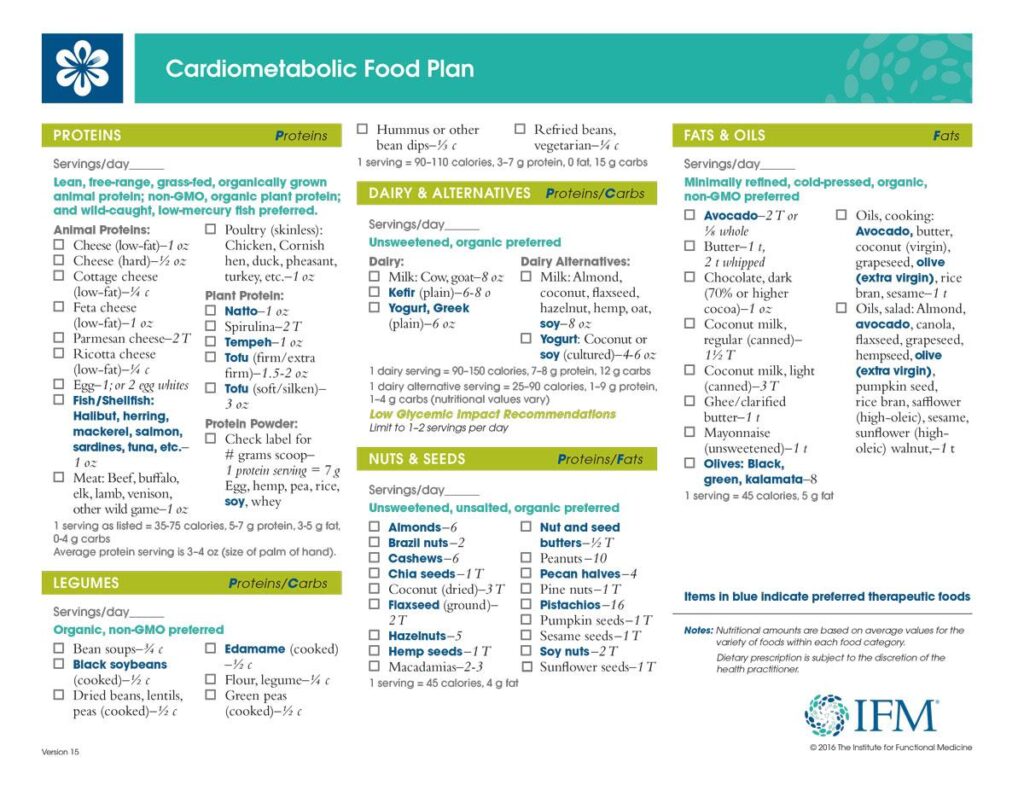Understanding the Cardio Metabolic Diet
Cardiovascular disease and metabolic disorders are two of the most prevalent health issues plaguing modern society. These conditions can lead to significant health complications and ultimately decrease the quality of life. However, adopting a cardio metabolic diet can be a powerful tool in managing and even preventing these ailments.
What is Cardio Metabolic Diet?
The cardio metabolic diet is a specially designed eating plan that aims to improve cardiovascular health and metabolic function. It focuses on consuming nutrient-dense foods that promote a healthy heart, lower blood pressure, stabilize blood sugar levels, and optimize overall metabolism.
Key Components of the Cardio Metabolic Diet
1. Fiber-rich foods: Incorporating a variety of fiber-rich foods into your diet is crucial for cardiovascular and metabolic health. Whole grains, fruits, vegetables, legumes, and nuts are excellent sources of dietary fiber that helps regulate blood sugar levels and promote a feeling of fullness, aiding in weight management.
2. Lean proteins: Choosing lean sources of protein, such as skinless poultry, fish, tofu, and beans, is integral to the cardio metabolic diet. Protein is necessary for building and repairing tissues, supporting muscle health, and maintaining a healthy metabolism.
3. Healthy fats: Monounsaturated and polyunsaturated fats found in foods such as avocados, olive oil, nuts, and seeds contribute to heart health by improving cholesterol levels and reducing inflammation. Including these healthy fats in moderation is essential for a well-rounded cardio metabolic diet.
4. Limiting unhealthy fats: Saturated and trans fats found in processed foods, fried foods, fatty meats, and high-fat dairy products should be limited as they can increase the risk of heart disease and negatively impact metabolic function.
5. Reducing sodium intake: High sodium intake is associated with elevated blood pressure, which is a risk factor for cardiovascular disease. Minimizing the consumption of processed foods, canned soups, and condiments is essential for maintaining a healthy cardio metabolic diet.
6. Controlling portion sizes: Monitoring portion sizes is crucial for weight management and optimizing metabolic health. Overeating can lead to weight gain and increase the risk of metabolic disorders. It’s important to be mindful of serving sizes and aim for balanced meals.
7. Hydration: Staying adequately hydrated is essential for cardiovascular and metabolic health. Drinking sufficient water throughout the day helps transport nutrients, maintain proper bodily functions, and supports overall well-being.
The Benefits of the Cardio Metabolic Diet
Adopting a cardio metabolic diet offers numerous benefits for overall health and well-being:
1. Heart health: The cardio metabolic diet is designed to improve heart health by reducing the risk of heart disease, high blood pressure, and high cholesterol levels. It promotes the consumption of heart-healthy foods that support cardiovascular function.
2. Weight management: A healthy weight is essential for cardiovascular and metabolic health. The cardio metabolic diet emphasizes portion control and nutrient-rich foods, making it an effective tool for weight management and preventing obesity.
3. Blood sugar control: Stable blood sugar levels are crucial for metabolic health. The cardio metabolic diet focuses on consuming foods that have a low glycemic index, reducing the risk of insulin resistance and type 2 diabetes.
4. Improved energy levels: By providing balanced nutrition and avoiding processed and sugary foods, the cardio metabolic diet supports sustained energy levels throughout the day, allowing individuals to stay active and maintain a healthy lifestyle.
5. Reduced inflammation: Chronic inflammation is closely linked to metabolic disorders and cardiovascular disease. Consuming anti-inflammatory foods, such as fruits, vegetables, and healthy fats, as part of the cardio metabolic diet can help mitigate inflammation and promote overall wellness.
Conclusion
The cardio metabolic diet offers a holistic approach to improving cardiovascular health and metabolic function. By incorporating nutrient-dense foods, limiting unhealthy fats and sodium, and practicing portion control, individuals can significantly reduce the risk of cardiovascular disease and metabolic disorders. Implementing this diet alongside regular exercise and a healthy lifestyle can provide long-term benefits for overall health and well-being.







